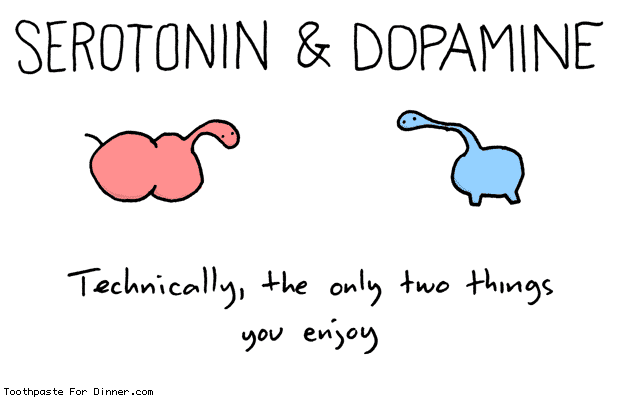An IBM computer called Watson has won the American quiz show Jeopardy. Its competitors were two of the most successful players of the game ever; Ken Jennings had won 74 time in a row and Brad Rutter had won the most money with $3million (£1.9m).
The point of the victory was that Watson able to understand and respond quickly to natural human language and clues that rely on double meanings, riddles and other subtle aspects of speech. IBM expect to deploy the computer system shortly in helping with medical diagnosis; where accurate knowledge of large amounts of data is important. Other possible applications might include dealing with the enormous sets of data to be found in the law and in finance.
No one is suggesting that Watson possesses artificial intelligence at this point. There is a short film about the final quiz here.








